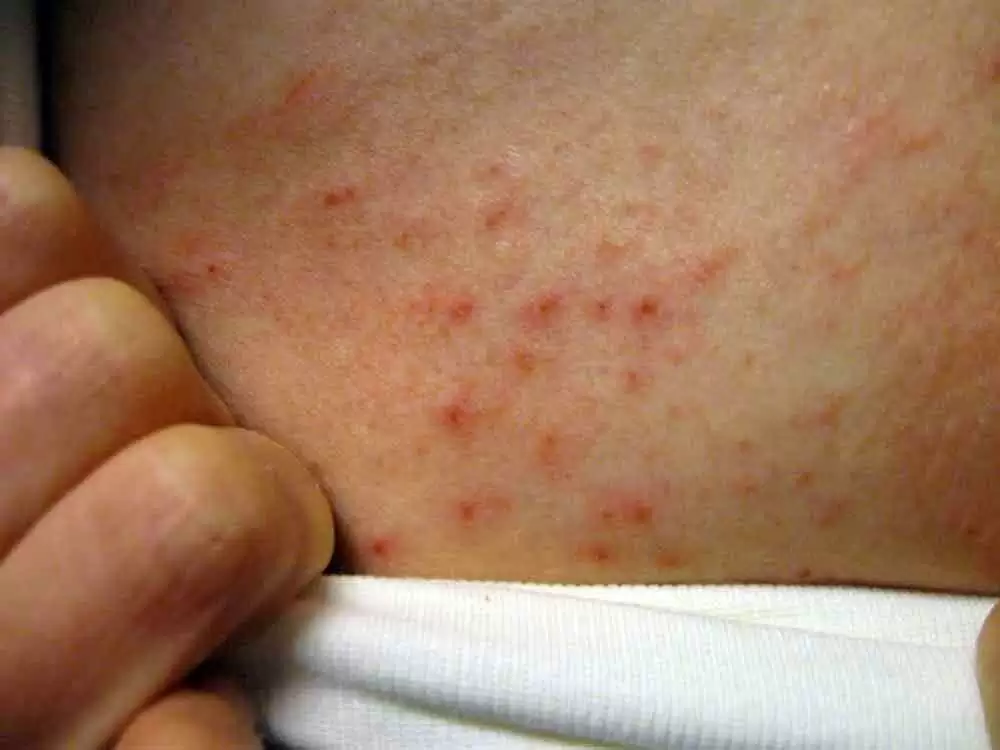Celiac.com 04/09/2024 - Speculation about the source or cause of Napoleon's famous itch is fun, but much of the speculation seems to ignore the facts that point to the most likely answer.
Napoleon's autopsy revealed gastric cancer and dermatitis herpetiformis, a condition associated with celiac disease. This is a historical fact. Despite this, speculation persists among historians and others, including dermatologists at the American Academy of Dermatology, regarding the potential causes of Napoleon's chronic itch.
Celiac.com Sponsor (A12):
While some theories, such as scabies or arsenic exposure, lack substantial supporting evidence, they continue to be discussed. Zachary Leibovit-Reiben and colleagues at the University of Arizona College of Medicine recently presented research on Napoleon's itch, aiming to raise awareness of the nature of his chronic itchiness.
Chronic itch, while often underestimated, is gaining recognition in dermatological research, with numerous presentations and discussions dedicated to it at the American Academy of Dermatology meeting. Leibovit-Reiben's team explored various potential causes, including scabies, arsenic exposure, atopic dermatitis, and psychogenic pruritus.
However, given the autopsy findings of gastric cancer and dermatitis herpetiformis, which is linked to celiac disease, these realities should be considered the most plausible explanations. As to why they do not focus their speculation upon these two facts, anyone's guess is as good as mine.
By reconciling historical speculation with medical evidence, this research aims to provide a clearer understanding of Napoleon's mysterious itch and its possible impact on his life. However, speculation, absent hard evidence, is unlikely to produce a fruitful avenue for revelation.
Further investigation into Napoleon's medical history may shed light on this intriguing aspect of his health, and contribute to broader discussions on the intersection of historical narratives and medical science. However, students of history, especially those with a foothold in medicine and science, should probably begin with the actual historical and medical facts established by the official autopsy, as it is the one solid historical piece of evidence that is thus far, uncontested.
Napoleon Suffered from Dermatitis Herpetiformis and Gastric Cancer
If Napoleon did in fact suffer from dermatitis herpetiformis, and if he did in fact suffer from gastric cancer, then the results of the autopsy would seem to point in the direction of those two conditions, and, potentially to celiac disease. So why all the wild speculation that seems to ignore the official autopsy results? Any why is this fact-free speculation being driven by medical students, and/or doctors at a medical conference? Arguing for celiac disease is certainly speculative, and unlikely to come with smoking gun evidence. But it's a lot closer to being supported by actual observational evidence than speculation based on anecdotal evidence, however historically supported.
If doctors and others are going to speculated on the potential cause of Napoleon's famous itching, shouldn't they confine themselves as close as possible to the known facts?
Without that as a baseline, this type of speculation seems wholly ungrounded in science or medicine, and more akin to gossip or fantasy. As such, it is neither informative, nor likely to be produce any strong conclusions.
Read more at Managedhealthcareexecutive.com










Recommended Comments
Create an account or sign in to comment
You need to be a member in order to leave a comment
Create an account
Sign up for a new account in our community. It's easy!
Register a new accountSign in
Already have an account? Sign in here.
Sign In Now